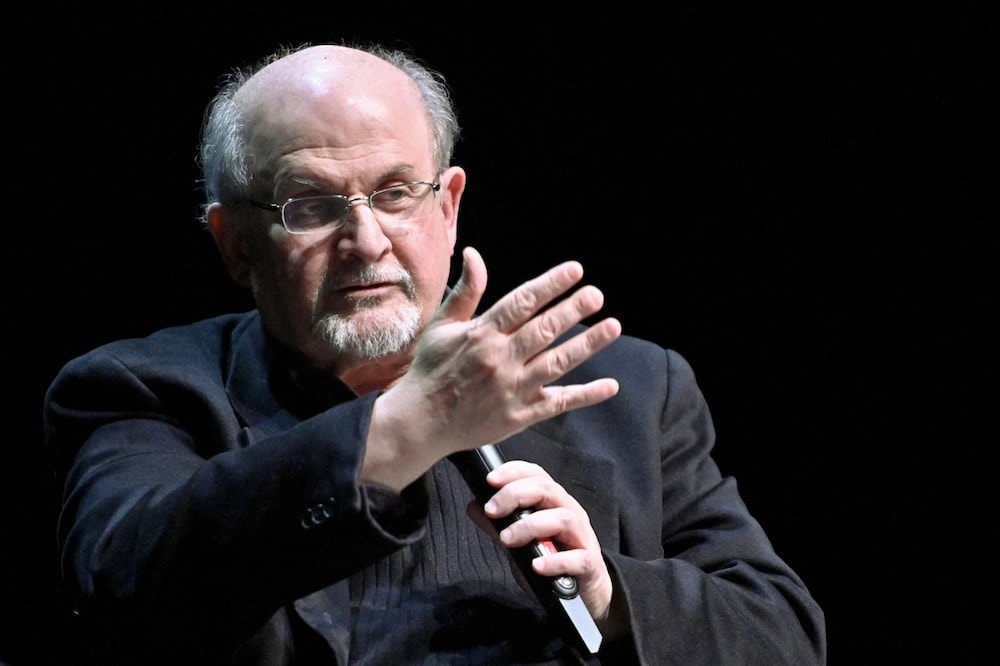"For decades, the enemies of free expression targeted Salman for his words, driving him into years of hiding. The fatwa, issued against him in 1989 by Iran’s former Supreme Leader Ruhollah Khomeini, has caused Salman and those associated with him an immeasurable amount of suffering – but it could not succeed in silencing him."
This statement was originally published on article19.org on 13 August 2022.
We join millions of people around the world in expressing shock and sadness at the savage attack on writer Salman Rushdie in New York on 12 August. Our hearts are with all those close to him and for those working for his recovery.
Everyone at ARTICLE 19 views this act of bloody violence as a profound assault on freedom of expression.
For decades, the enemies of free expression targeted Salman for his words, driving him into years of hiding. The fatwa, issued against him in 1989 by Iran’s former Supreme Leader Ruhollah Khomeini, has caused Salman and those associated with him an immeasurable amount of suffering – but it could not succeed in silencing him.
Despite the grave danger, Salman has always believed in the power of words. ‘What one writer can make in the solitude of one room is something no power can easily destroy’, he said at a press conference organised by ARTICLE 19 in 1998, when he officially came out of hiding.
Salman Rushdie’s case was one of the first ARTICLE 19 was founded to defend. Following on from the campaign launched by human rights advocate and our founding director Kevin Boyle, along with other literary figures, it was Frances D’Souza, who succeeded him, who became the chairperson of The International Rushdie Defence Committee. Their work laid the foundation for our mission today.
Our hearts break at the realisation that 30 years later, we have to come to terms with the fact that Salman’s right to freedom of speech requires as much protection as it did in the late 1980s.
Salman’s commitment to freedom and the right to express oneself without fear continues to inspire generations of free speech advocates. The fatwa against him was never revoked, and yet he continued to champion and stand up for those who speak truth to power. It is deeply symbolic that he was attacked while he was preparing to give a lecture on the importance of the United States offering asylum for writers and other artists in exile.
As we await updates on the health of our friend, the great champion of free speech, we are reminded once more that the international community, national governments and all of us have a moral duty to stand up to threats to freedom of expression and artistic freedom.
The Iraninan authorities must immediately lift the fatwa against Salman Rushdie and other artists, whose lives and safety are under serious and constant threat as a result of such actions. We are also calling on leaders, including religious figures and intellectuals, to speak up whenever free expression is threatened by intolerance and bigotry.
The universal truth remains as clear now as it was 30 years ago: fanaticism and violence must not be allowed to win. As Salman himself said: ‘What is freedom of expression? Without the freedom to offend, it ceases to exist.’
ARTICLE 19 will release a more in-depth statement regarding the attack on Salman Rushdie and the repercussions for freedom of expression.



